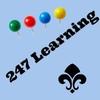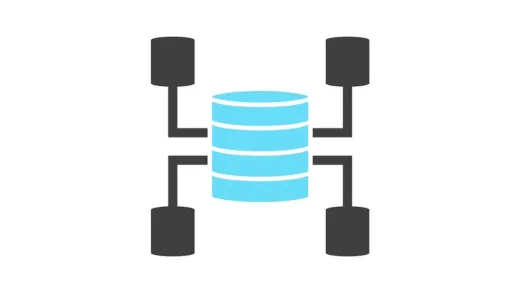Brief Summary
This course covers the essentials of SQL for handling databases. You'll start from scratch and learn everything from creating tables to performing complex queries. By the end, you'll feel confident tackling data tasks in any organization!
Key Points
-
SQL is crucial for data manipulation in businesses.
-
Learn to create, read, update, and delete data.
-
Familiarize yourself with different database vendors.
-
Explore various SQL sub-languages and functions.
-
Master logical and SET operators for effective querying.
Learning Outcomes
-
Write SQL queries to create and manipulate database records.
-
Understand and apply different SQL functions and operations.
-
Effectively use logical and SET operators in queries.
-
Join tables and manage data using various methods.
-
Navigate SQL Developer and other tools to enhance your skills.
About This Course
Learn how to query databases using SQL
Learning SQL is a very useful skill to have as every business and organisation is so dependent on data. There are not enough skilled SQL professionals hence the demand and pay rate for SQL professionals is quite high.
SQL stands for structured query language. It is an international standard language
used to query and manipulate databases. There are different types of database
vendors like Oracle, Microsoft ,MySQL and so on . They all support SQL and
performs certain operations in the same way. Keywords like CREATE,SELECT,UPDATE,
DELETE,WHERE and FROM are used the same way with various database vendors.
This course will teach you the skills you need to get your foot in the door
as an SQL professional. With the skills you learn on this course you can work
confidently as a data analyst or even progress to be a database administrator.
This course will take from scratch to more advanced SQL using TOAD and SQL Developer TOOL
Some of what you will learn on this course includes:
By the end of this course you will confidently be able to write SQL queries
to create,read,update and delete data which are the key functions that are performed
on a database.
Choose the right logical operators for your queries
Choose the right logical SET operators for your queries
Write SQL Queries to extract data









Suganya S.
Good